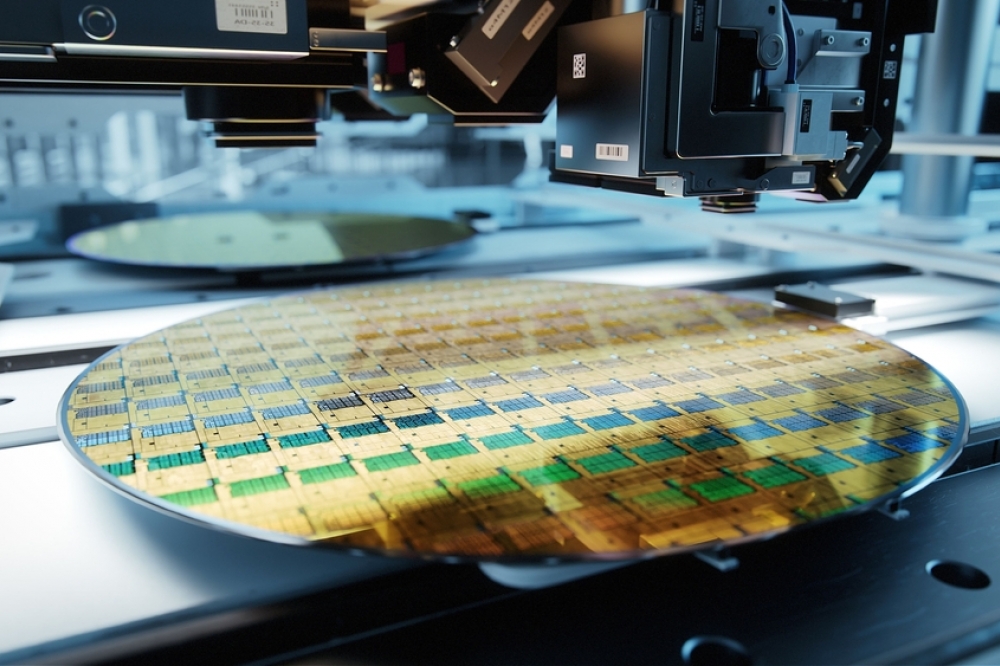Israel-Hamas war threatens further supply chain disruption

A new threat to the global semiconductor industry has emerged: the war between Israel and Hamas.
In recent years, the semiconductor supply chain has been highly vulnerable to disruptions. Initially, the COVID-19 pandemic caused widespread lockdowns and severe delays to global shipping and logistics. Since then, geopolitical unrest has wreaked havoc on the semiconductor industry, mainly due to the ongoing chip dispute between the US and China.
According to Anirudh Munder, assistant manager of industrials at The Smart Cube, the Israel-Hamas war is likely to cause further disruption to the global semiconductor supply chain this year:
“Firstly, on behalf of the team at The Smart Cube, our thoughts are with everyone affected by the war.
“The US-China chip dispute has significantly impacted the semiconductor industry, and the Israel-Hamas war threatens to disrupt it further. As Israel is among the few advanced-chip-producing countries outside of East Asia, the war may further complicate the already vulnerable supply chain.
“Israel is home to companies spanning the semiconductor ecosystem and plays a crucial role in the global chip market. For example, Intel's design and production facilities are located there with almost 13,000 Israeli employees. The war could cause labour shortages at these companies, subsequently disrupting operations.
“As the war continues, it also threatens to impact logistics with a sharp decline in the production and export of semiconductor chips. Coupled with the continuing US-China chip dispute, semiconductor chip prices are expected to rise rapidly in the next few months due to a supply shortage, with major chip vendors, such as Intel and Qualcomm, planning to increase prices by the end of the year.
“To prevent further disruptions to the industry, countries have started funding their domestic semiconductor markets. Indeed, to revitalise its semiconductor industry, Japan is investing $13.6 billion towards domestic artificial intelligence chip production. Meanwhile, UK-based chipmaker Pragmatic has received sizable funding to expand its manufacturing facilities and boost UK semiconductor production.
“Undoubtedly, geopolitical events will continue to create new challenges for semiconductor procurement and supply chain teams this year. Nevertheless, by investing in their domestic market, diversifying their supply chains, and continually keeping abreast of developments, procurement professionals can mitigate the disruption.”

































